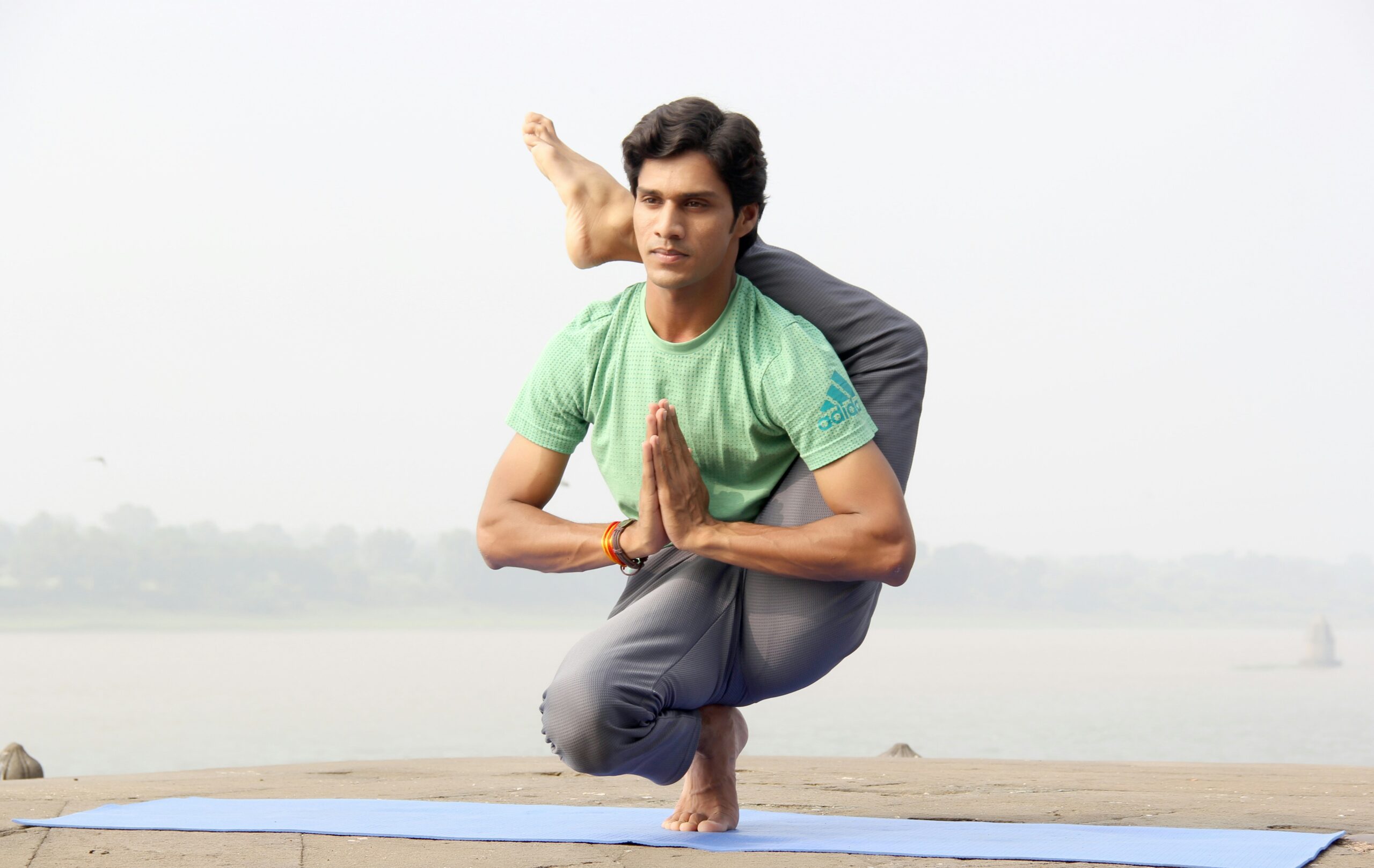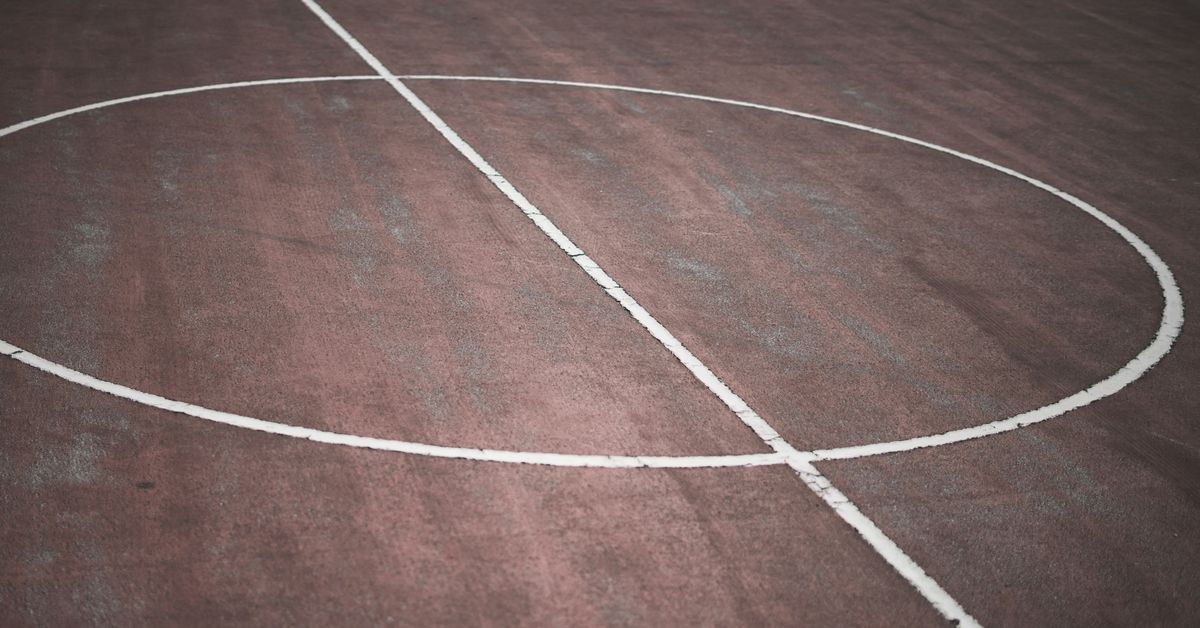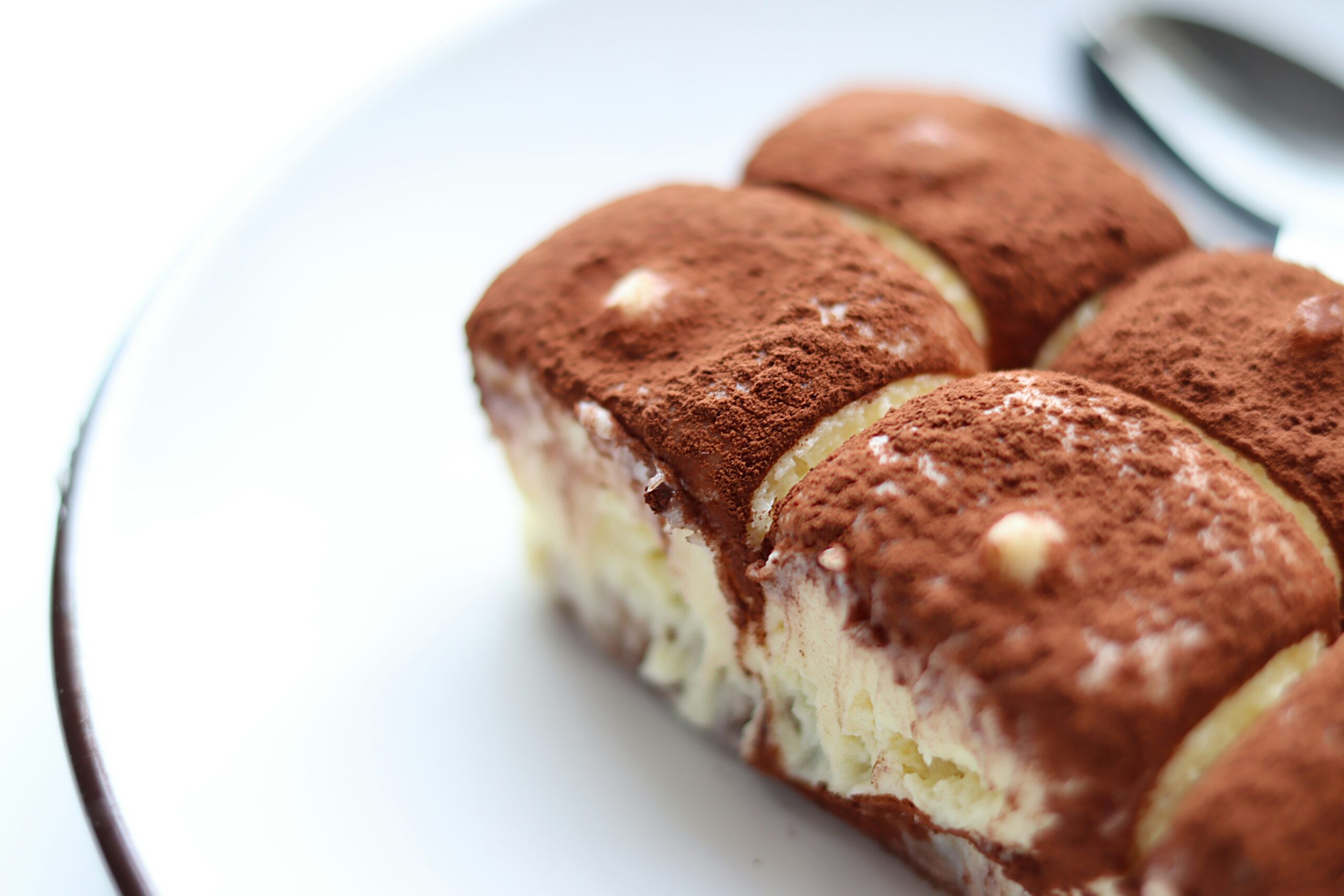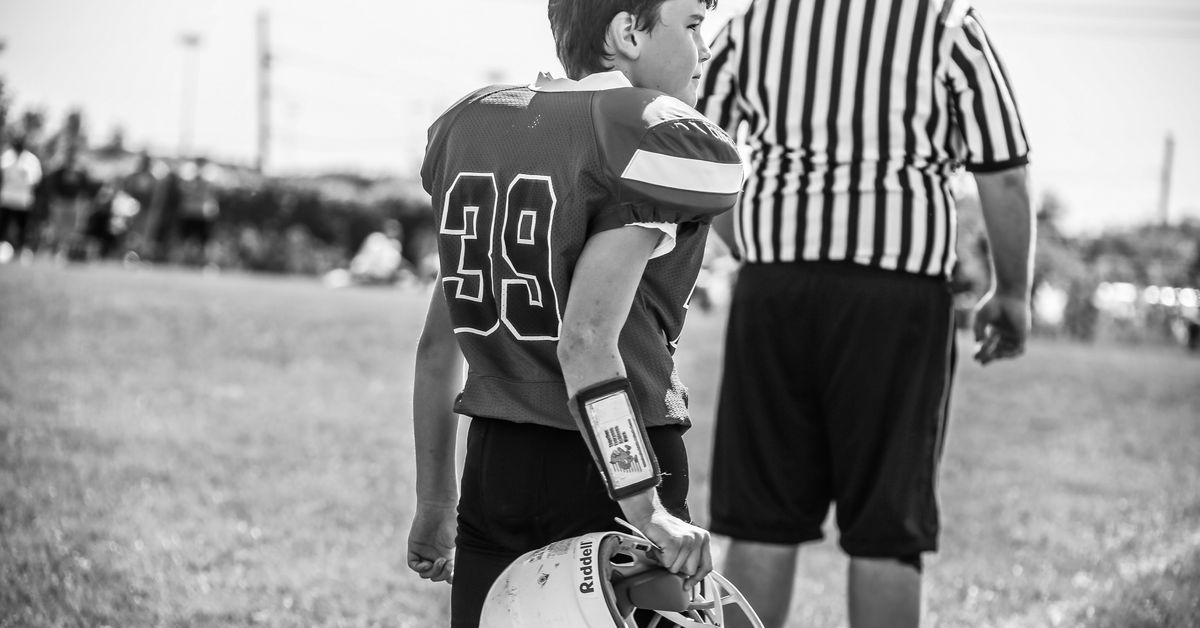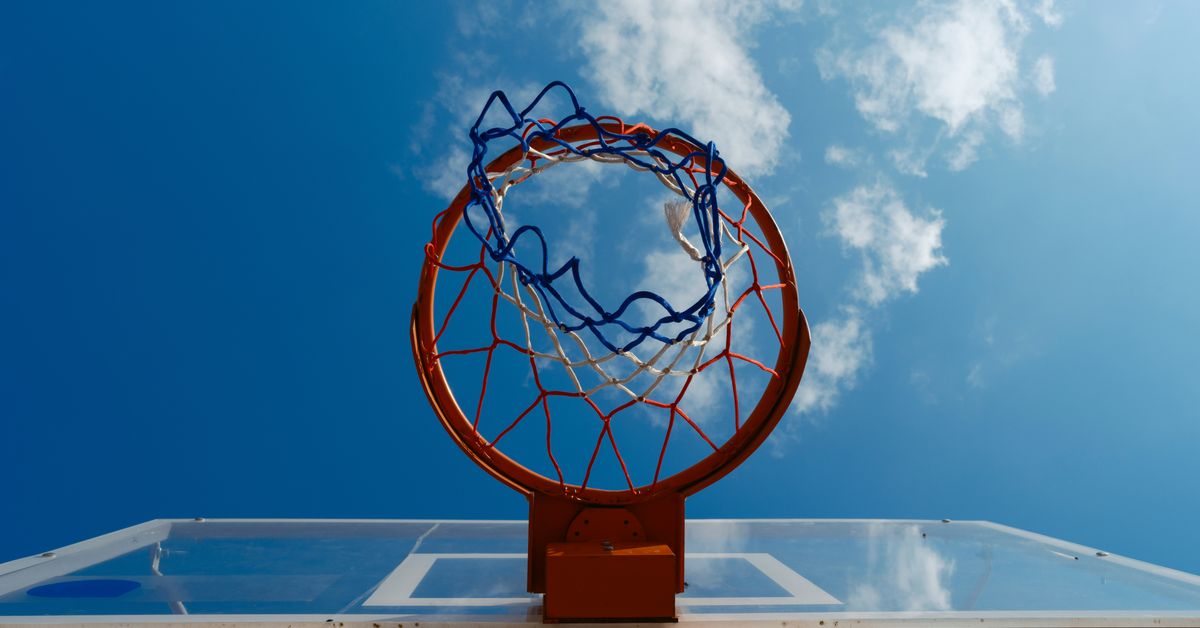Cultural Significance of Sports Traditions
Introduction
Sports traditions play a pivotal role in shaping cultural identities around the world. Beyond mere entertainment or competition, these traditions reflect deep-seated values, histories, and communal bonds that resonate within societies. From ancient rituals to modern-day spectacles, sports traditions embody the essence of cultural heritage and collective memory.
Historical Roots and Evolution
Many sports traditions trace their origins back centuries, intertwining with religious ceremonies, seasonal celebrations, or rites of passage. For instance, the Olympic Games of ancient Greece not only showcased athletic prowess but also served as a unifying force for city-states, promoting peace and cultural exchange.
Over time, these traditions evolved alongside societies, adapting to social, political, and technological changes. The evolution of sports like football (soccer) from village games to global phenomena illustrates how traditions can transcend borders and unite diverse cultures under a common passion.
Social Cohesion and Identity
Sports traditions foster a sense of belonging and identity among participants and spectators alike. Whether supporting a local team or celebrating national achievements, sports provide a platform for communities to express shared values and aspirations. This collective experience strengthens social cohesion and reinforces cultural pride.
For example, the Haka, a traditional Maori dance performed by the New Zealand rugby team before matches, not only intimidates opponents but also symbolizes cultural resilience and unity among the players and their supporters.
Economic Impact and Tourism
Major sporting events often stimulate economic growth and promote tourism. Cities hosting events like the FIFA World Cup or the Olympic Games experience a surge in infrastructure development, hospitality services, and international visibility. These events not only boost local economies but also showcase cultural landmarks and traditions to a global audience.
Barcelona’s Camp Nou stadium, home to FC Barcelona, not only attracts millions of football fans annually but also serves as a cultural icon reflecting Catalonia’s distinct identity and history.
Preservation of Heritage
Sports traditions play a crucial role in preserving cultural heritage. Traditional games, rituals, and attire passed down through generations serve as living links to the past, safeguarding indigenous knowledge and customs against modernization and globalization.
In Japan, sumo wrestling remains not only a popular sport but also a revered cultural practice that embodies traditional values of discipline, respect, and ritual.
Challenges and Adaptation
In the face of globalization and commercialization, preserving authentic sports traditions can be challenging. The balance between tradition and innovation often requires careful navigation to retain cultural authenticity while embracing modern influences.
The Maasai Cricket Warriors of Kenya exemplify this balance, using cricketa colonial importto preserve their cultural heritage while promoting social change and community development.
Conclusion
In conclusion, sports traditions transcend mere games, serving as powerful conduits of cultural expression, social cohesion, and economic vitality. They connect generations, bridge diverse communities, and celebrate the rich tapestry of human heritage. As the world evolves, nurturing and preserving these traditions become essential not only for maintaining cultural identity but also for fostering global understanding and appreciation.
